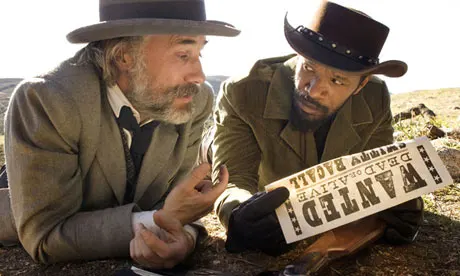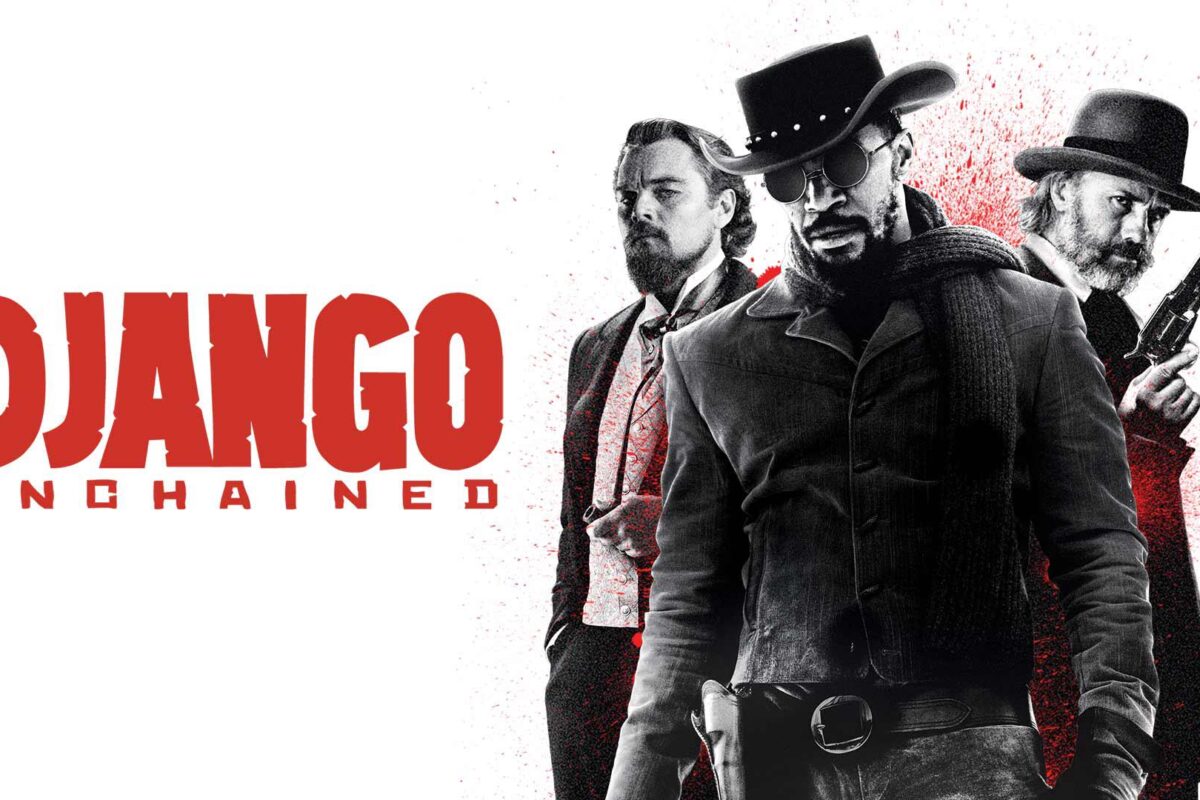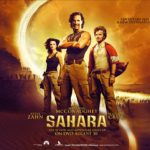Thelongestfilm.com – Review Django Unchained. For film lovers, the name Quentin Tarantino as an eccentric director is certainly no stranger. His films known for having gory visual effects, long dialogue, dark jokes, and non-linear storylines. One of the films that can be said to be his best work is “Django Unchained” (2012), a film that presents a mix of western movies and Tarantino’s own blaxploitation, of course.
This film played by Hollywood actors who had previously subscribed to Tarantino, such as Jamie Foxx, Christoph Waltz, Samuel L. Jackson, and Leonardo DiCaprio.
Review Django Unchained : A Slave’s Revenge


“Django Unchained” is set in the United States in 1858, at which time black people were considered a lower class and many were enslaved. This film highlights the main character, who a slave named Django (Jamie Foxx). Django’s life changed drastically after being freed by bounty hunter Dr. King Schultz (Christoph Waltz).
Seeing the potential in Django, Dr. King Schultz asks for his help in finding the next bounty target in exchange for helping save Django’s wife, Broomhilda (Kerry Washington), whose status is still that of a slave.
Like other Tarantino films, the screenplay for “Django Unchained” written by the director himself. That is why we will not miss the characteristic of Tarantino’s storytelling in this film, namely the many interlude flashback scenes that are shown briefly.
The initial premise may seem simple, but this film manages to build a narrative slowly and ends at a climax. The conflict begins when Django and Dr. King Shultz meet a cruel plantation owner named Calvin Candie (Leonardo DiCaprio). The conflict that built makes sense enough to be the reason for Django’s revenge.
Tarantino’s Typical Visual Presentation


It’s not Tarantino’s name if it doesn’t present quite gore and bloodshed effects. Brutal shooting scenes accompanied by blood effects, which for some people may seem excessive, are the ‘signature’ of Quentin Tarantino.
The cowboy era also described quite well in this film, starting from the typical English language of the southern US to the costumes and make-up of the 19th century that are convincing. The scenery supported by the cinematography by Robert Richardson looks so beautiful.
For fans of cowboy movies filled with gunfights, maybe you should lower your expectations a little for this film because “Django Unchained” is a type of film with long dialogues. Even the action in this film will fully paid off and climaxed in the final half of the film.
Besides that, without a doubt, we really need to praise the extraordinary acting department in this film. Jamie Foxx performed well as Django, and Christoph Waltz also performed well as Dr.King Shultz. But the real star in this film is Leonardo DiCaprio, who plays Calvin Candie, a white planter who also sells slaves.
The issue of racism wrapped in fiction


Tarantino often stumbles on racism cases due to his films, which include a lot of “nigger” dialogue that can be offensive, including “Django Unchained”. However, if you look at the context of US history itself, 1858 was the year in which black slavery still legalized.
This issue of racism is what Tarantino tries to address in his film. Tarantino could have made a cowboy film with a white main character, just like most other western films. However, Tarantino chose to make a black character the main protagonist, and his execution wrapped in the historical issue of slavery. Therefore, for Quentin Tarantino fans, this film a shame not to missed. “Django Unchained” a masterpiece from the “cult movie” maestro that must watched.





